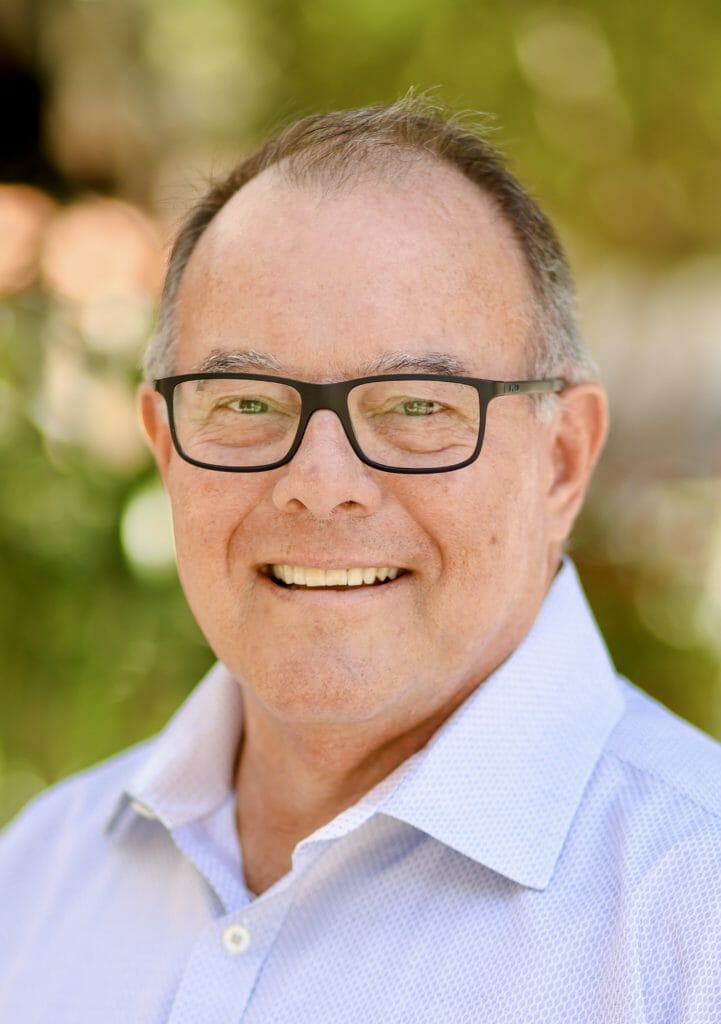
The recent Labor Day holiday weekend turned out to be more labor than leisure for Always Best Care franchisee Bryant Greene. The Philadelphia-based agency owner was busy manning a booth promoting his home care business at a church health fair and another booth at an oldies R&B concert — all in the name of recruitment.
“That crowd is potential caregivers, potential clients and referral sources all rolled into one,” Greene told McKnight’s Home Care Daily Pulse. “At every concert, I give away a 50-inch TV. A lot of people stop by, and when they stop by, we make them take our information.”

This is just one example of the lengths Greene is going to these days to attract caregivers for his six home care offices covering southeastern Pennsylvania and the entire state of Delaware. Greene currently has approximately 750 caregivers, but he needs a few hundred more to expand his business. Attending church events and concerts are two novel approaches he developed to connect to job seekers who might be interested in caregiving, he said.
“These days what is a traditional worker? Everybody has a plan A,B,C and D,” Greene said. “We have a lot of people who work a full-time job and do caregiving on the side. They may be doing hair during the day and caregiving at night.”
Going the extra mile for talent
Recruiting caregivers for an industry that will need an estimated 8 million new workers by the beginning of the next decade will require equal measures of creativity and resourcefulness from providers. That is especially true in the current U.S. labor market where there are two job openings for every one person looking for work.
Greene’s approach to casting the net out far and wide for potential caregivers has merit, according to Bonnie Dowling who helps clients of business consultant McKinsey & Company attract and retain workers. Still, Dowling told McKnight’s Home Care Daily Pulse a more targeted approach to finding caregivers might work better. She pointed out that healthcare workers have similar skill sets as those who work in customer service, so recruiting from that field could be more effective.
“We know that people are leaving the hospitality industry, so they might be interested in joining something that is a little more stable,” Dowling explained. “It could also transform healthcare. Folks who have a real bent toward customer service could have a real impact on the quality of care you provide.”
Home care is a purpose-driven industry and company culture tends to resonate deeply with workers attracted to the industry, according to Stephanie Johnston, president and CEO of Transcend Strategy, an advisory firm to the senior service industry. Home care providers need to clearly promote their culture when recruiting, Johnston told McKnight’s Home Care Daily Pulse. Social media is one of the most effective ways to do that, she said.
“We’ve had a lot of organizations have great success using TikTok, a lot of success using Facebook, Facebook groups,” Johnston said. “Social media strategies and advertising are two really powerful components in helping organizations build curiosity.”
Facebook finds
For Synergy Home Care franchisee Jeb Butler, Facebook has become the pipeline to a gold mine of talent. A couple of years ago the San Marcos, CA franchise owner hired a scheduling coordinator whose husband is a marine stationed at nearby Camp Pendleton. That staffer frequently posts caregiver jobs for the franchise on a Facebook page for Camp Pendleton military wives. Butler told McKnight’s Home Care Daily Pulse the Facebook posts have helped him hire “dozens” of marine spouses as caregivers over the past two years.

“Every year some rotate out, but new ones rotate in, so you always have a fresh pool of people from which to choose,” Butler said. “They are the kind of people who will get up early and stay up late and do whatever they need to do during the day to get it done. They just have a solid work ethic.”
Butler singles out Breanna Cox as one of his most successful recruits. The 24-year-old marine wife joined his staff last January. Cox came with experience as a former medical assistant at Camp LeJeune in North Carolina and as a family caregiver for her grandmother.
“When I was younger, she had a stroke and I was always there to take care of her,” Cox told McKnight’s Home Care Daily Pulse. “I never wanted to give that up. I always thought that learning from older people would make me a better person.”
While an aging population is putting demands on the home care industry, recruitment experts say that cohort should also be viewed as a potential source of workers. Even though millions of baby boomers are retiring, Johnston pointed out that many continue to look for ways to bring purpose to their lives.
“These are people who could be recruited [for caregiving],” Johnston stressed.
Finally, recruitment experts advise employers who are hiring to consider former workers who had been top performers. Often staff leave jobs looking for more opportunity but will “boomerang back” for the right opportunity. In a survey earlier this year, human resources and hiring platform Hireology polled more than 6,000 job seekers and found 74% would return to a previous employer. In an uncertain economy, a level of certainty might be the enticement many workers are seeking.
Editor’s note: In terms of labor problems, there has never been a time like today. In this ongoing series, McKnight’s Home Care will explore the various facets of the workforce shortage, how home care is responding to it and the innovation that is propelling the field forward with new and sometimes unconventional solutions. Read a new installment each month until the end of the year.
Up next in October: How home care firms are tapping technology to alleviate the caregiver crisis.



